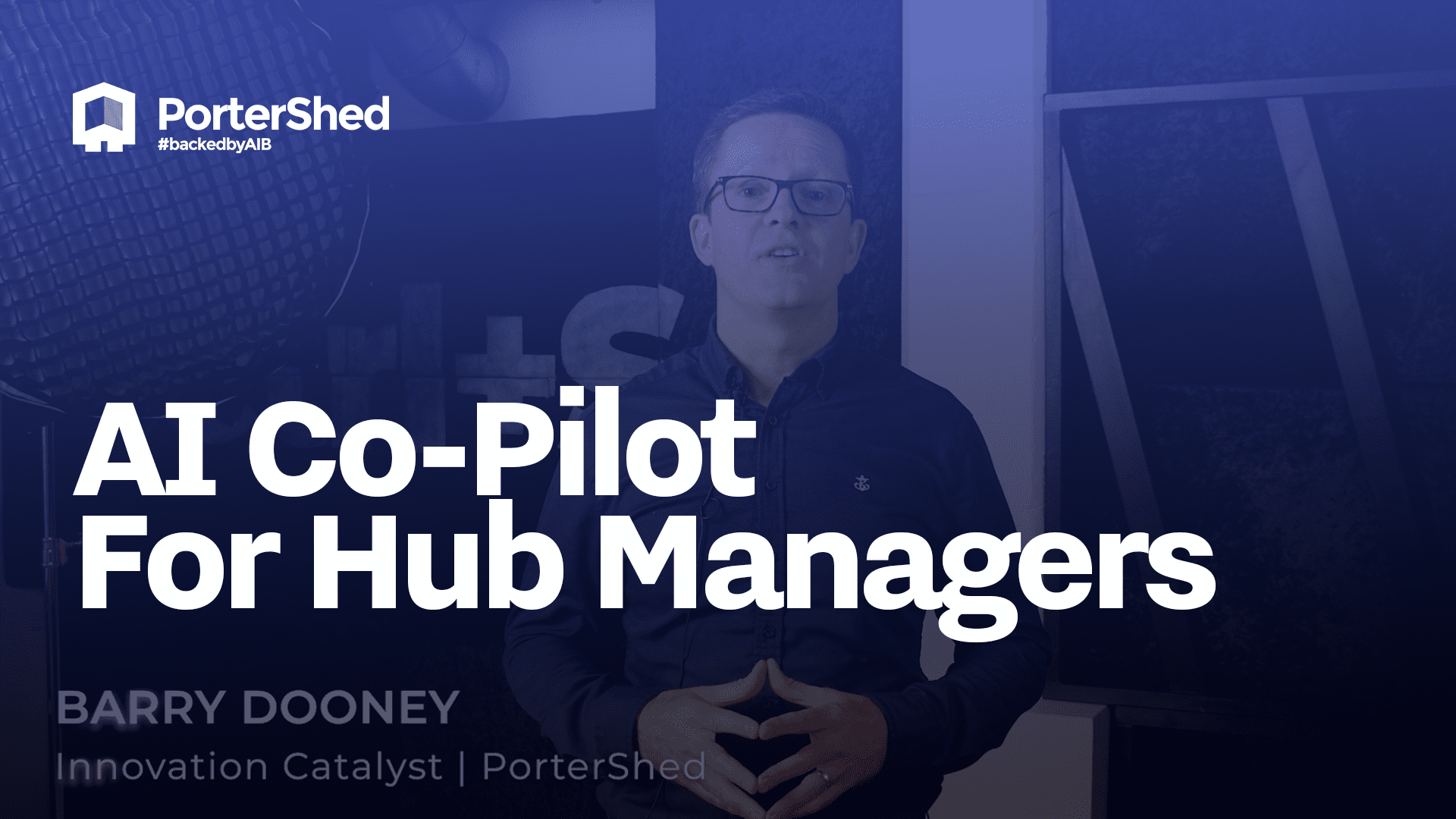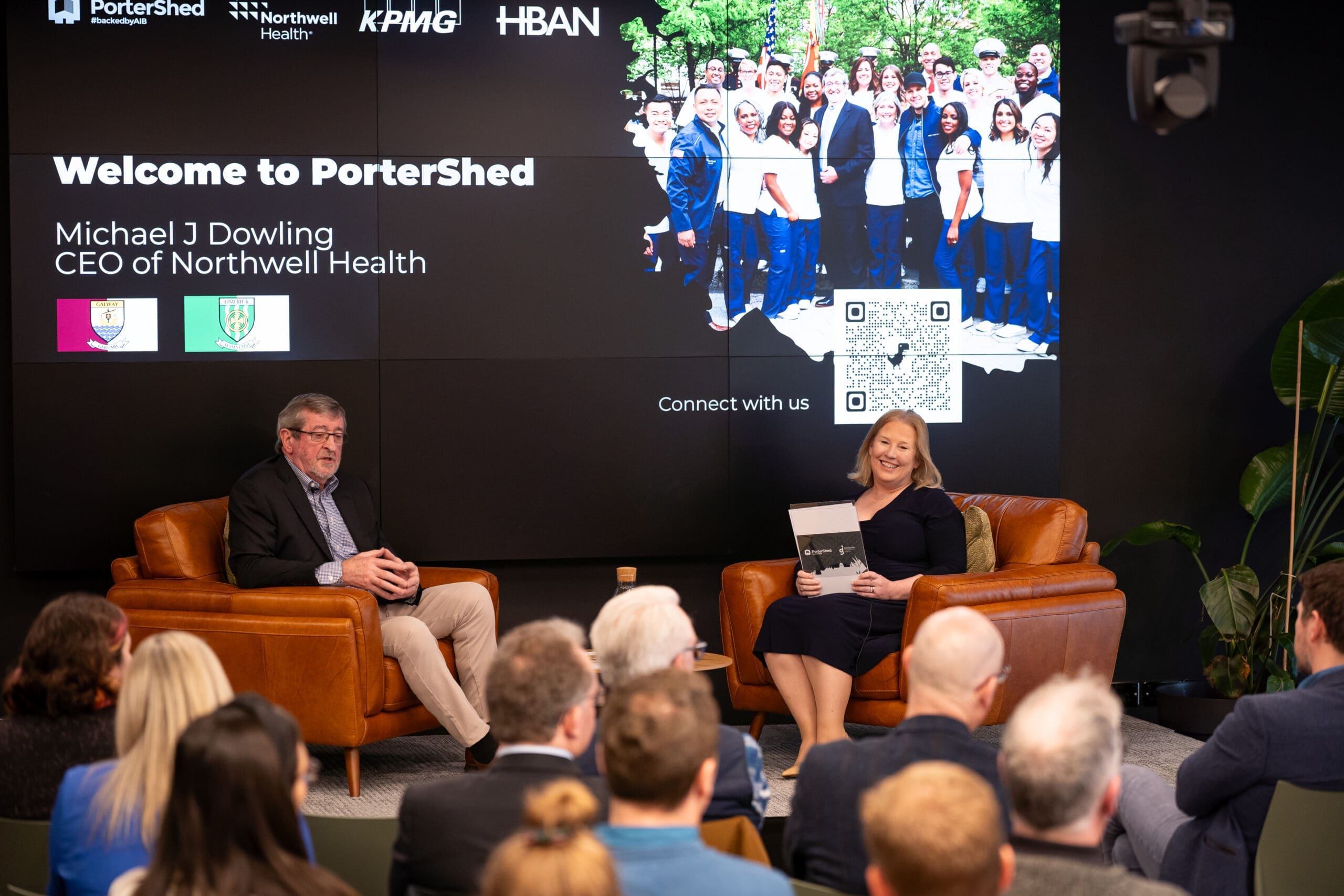The speakers are preparing, caterers have arrived, the PA team just finished the sound-check.
You’re ready.
And then that fear kicks in…
What if nobody shows up?
Depending on the event, some industries report drop-out rates of 50% or more.
Ticket holders miss events for all kinds of reasons – people work late. People change their mind. Emergencies happen. And the easiest solution for them is to simply not show up.
They don’t think about the wasted pizzas or the disappointed keynote who is speaking to a half-filled auditorium. Or all the people who would have loved to be there but couldn’t get a ticket.
Non-attendance doesn’t have to be an inevitable downside of running free events.
But the existing solutions were superficial and unreliable.
Overbooking (by 120-150%) doesn’t work because, even when you use previous attendance data as an estimate, you’re still guessing. Airlines overbook because it’s easy for them to cover a hotel room and bump somebody onto the next flight. With a free event, there’s no next flight.
Besides, overbooking adds a new problem…
What if everybody shows up and there’s not enough room for everyone?
A reliable way to predict attendance
We knew there had to be a predictable way to optimise attendance that didn’t rely on guesswork.
After speaking with our clients and analysing attendance rates across free events, we had a strong sense of the depth and impact of non-attendance.
We had a hunch about the underlying cause. And that we could solve it with a combination of technology, behavioural psychology, and the right incentives.
By design, free events are accessible. Sometimes it’s more important to share ideas openly than to create revenue.
The problem is, free makes it too easy to reserve a ticket. There’s little commitment to attend and no obligation to cancel.
So we set about changing the dynamics and adding some friction to the booking process. We used a financial incentive to reduce speculative reservations, together with a one-click option to make it easy for attendees to cancel and free up unused places for others.
The big idea
In his classic 1984 book Influence, psychology and marketing professor, Robert Cialdini describes the seven behaviours that underlie human motivations. We decided to tap into three of them…
Commitment and consistency, reciprocation, and scarcity.
The idea was to gamify the incentives. We would introduce a nominal deposit that would be placed on hold at the time of reservation and charged, only if the person didn’t show up to the event.
Scarcity
The size of the venue makes tickets inherently scarce. Communicating that scarcity at the time of reservation begs the question “do I really want to attend?”.
Commitment and consistency
Reserving a ticket itself isn’t sufficient to drive the commitment to attend. But being prompted to enter credit card details creates a small barrier to entry that does two things:
- It reduces speculative bookings from the mildly curious, and
- It creates a small commitment from those who are positive about attending. The potential nominal fee initiates a tiny contract that says “I’m in”.
Commitment creates consistency. The best way to encourage somebody to follow through is to complete a small action that establishes a small investment. Now they have skin in the game.
Reciprocation
Reciprocation, in this case, comes in the form of openness and a shared interest. Candidly communicating the non-attendance fee is courteous. It gives the customer the opportunity to consider other members and the impact of not attending. It empowers them to reciprocate the courtesy and contribute to the community, even if they choose to later cancel. It’s subtle but powerful.
There’s a fourth piece of psychology in play here in the form of loss aversion. We’re predisposed to avoid losing. We’d rather save €5 than find €5, even though the value itself is relatively small. In this case, it was sufficient to make the mechanics of non-attendance fee work as intended.
Clear communication is key
To make the new deposit system effective, we had to communicate the concept clearly so that everybody understood how it would work and why we were doing it. Focusing on the best outcomes for customers naturally framed the pilot initiative in a way that benefits everybody – individual members and the community as a whole.
It wasn’t just about investing in the ticket purchase. Members had to buy into the idea of a non-attendance fee itself. They had to believe that it was a fair solution to a real problem.
The confirmation email reminds the ticket holder about the non-attendance fee (sent immediately after booking).
The non-attendance email informs the ticket holder about the fee (sent after the event, when the fee transaction is processed).
Successful attendees receive a confirmation email following the event as a reminder that we’ve removed their credit card details.
The technology
To make it all work, we had to build a seamless reservation and checkout system to power the non-attendance fees, something that just works and disappears into the background.
What seems like a simple idea on the surface has some hidden technical complexities that we had to solve…
- We had to securely capture and store the credit card data without processing it and then authorise the payments when triggered.
- We had to create the email templates to communicate the non-attendance fee, as well as a client-facing editor to allow the IAF communications teams to use their brand messaging.
- We had to cater for partial cancellations for tickets with 2 or more guests.
- We had to create a self-serve interface to allow guests to cancel their reservations,
- And a mechanism to release cancelled places back to the pool of available tickets.
No More No Shows
We’ve tested the non-attendance fee amongst our private test group and the qualitative feedback was immediately positive. There was a full house for the first event and there was critical buy-in from everybody around the non-attendance fee.
The non-attendance fee eliminated the guesswork of overbooking and reduced non-attendance, resulting in fewer disappointed members, and a community invested in one another.
_
We’re rolling out the non-attendance fee functionality to a small group of users. If you’d like to increase the attendance rate of your free events, please request an invite and we’ll add you to the waiting list. You’ll also get priority access to all of our new features before anyone else.


